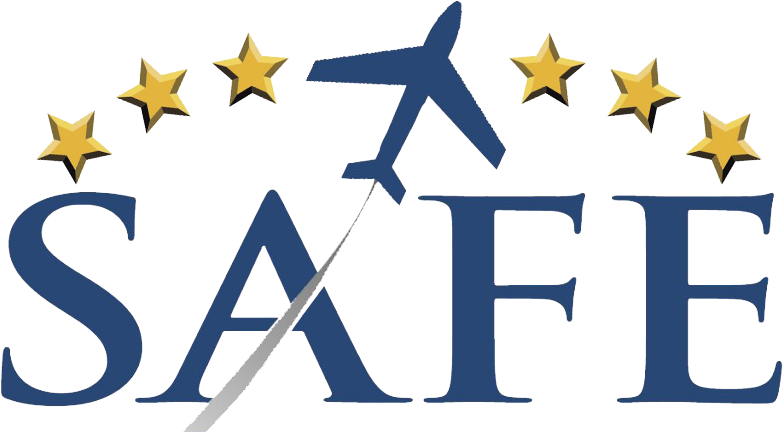 Last spring a Citation 550, flown by an air ambulance service, lost both engines over the Atlantic and dead-sticked into Savanna, GA with no injuries or damage. Because everything worked perfectly, with lucky weather and masterful piloting, there was absolutely no coverage of this event in the news. This dual-engine flame-out, as dramatic as Sully and Skiles (but with more altitude and options) even landed a runway this time. Successful outcomes to bizarre emergencies like this clearly demonstrate the value of superior piloting skills but also the need to “stress test” our pilots during flight training to develop coping skills and resilience. Too often in these situations, pilots succumb to the “startle response” and cease to be proactive pilots and decision-makers. During flight training, we must build some mental toughness into our pilots to allow them to effectively cope with scary situations. Teaching the ability to “self-calm” and work the problem is essential. This training requires creativity and care on the part of the aviation educator. And just performing “standard ACS emergencies” by rote is certainly not enough.
Last spring a Citation 550, flown by an air ambulance service, lost both engines over the Atlantic and dead-sticked into Savanna, GA with no injuries or damage. Because everything worked perfectly, with lucky weather and masterful piloting, there was absolutely no coverage of this event in the news. This dual-engine flame-out, as dramatic as Sully and Skiles (but with more altitude and options) even landed a runway this time. Successful outcomes to bizarre emergencies like this clearly demonstrate the value of superior piloting skills but also the need to “stress test” our pilots during flight training to develop coping skills and resilience. Too often in these situations, pilots succumb to the “startle response” and cease to be proactive pilots and decision-makers. During flight training, we must build some mental toughness into our pilots to allow them to effectively cope with scary situations. Teaching the ability to “self-calm” and work the problem is essential. This training requires creativity and care on the part of the aviation educator. And just performing “standard ACS emergencies” by rote is certainly not enough.
For both CFIs and pilots-in-training, there is a sense of what is “useful and fair” during pilot training. No one wants to add extraneous frills and cost to this project. But merely sticking with the ACS script and “teaching to the test” will never raise the pulse rate and build real resilience and emergency capability in our pilots. For future safety, educators need to present some realistic challenges (with a sense of urgency) to every pilot to develop coping skills. When something alarming happens in flight, it is up to the PIC to resolve the emergency effectively and safely. We know from accident data that far too many pilots fail to respond correctly (if at all) in emergencies when simple actions would have improved the outcome.

Training surprises is tricky since we do not want to unnecessarily scare our pilots by presenting surprises too early in training (or without the proper preparation). Reading through historic occurrences such as Air Safety Institue’s “there I was” literature and Flying’s “I Learned About Flying” are good preparation once basic aircraft control is mastered and emergencies are on the menu. Your client’s buy-in for these new “rules of engagement” is essential to gain value from some “surprises.” Productive learning requires a discussion and mutual agreement that from now on “things will happen” and the pilot-in-training needs to handle them independently without instructor assistance; work the problem! Unfortunately, aeronautical decision-making is often making the best of a bad situation that we do not ask for. We play the cards we are dealt. Fly safely out there (and often).
 SAFE CFI-PRO™ workshop is open to every aviation educator at every level (even if you are working on your CFI?)
SAFE CFI-PRO™ workshop is open to every aviation educator at every level (even if you are working on your CFI?)
Join SAFE to support our safety mission of generating aviation excellence in teaching and flying. Our amazing member benefits pay back your contribution (1/3 off your ForeFlight subscription)! Our FREE SAFE Toolkit App puts required pilot endorsements and experience requirements right on your smartphone and facilitates CFI+DPE teamwork. Our CFI insurance was developed by SAFE specifically for CFIs (and is the best value in the business).
